We may earn money or products from the companies mentioned in this post. This means if you click on the link and purchase the item, I will receive a small commission at no extra cost to you ... you're just helping re-supply our family's travel fund.
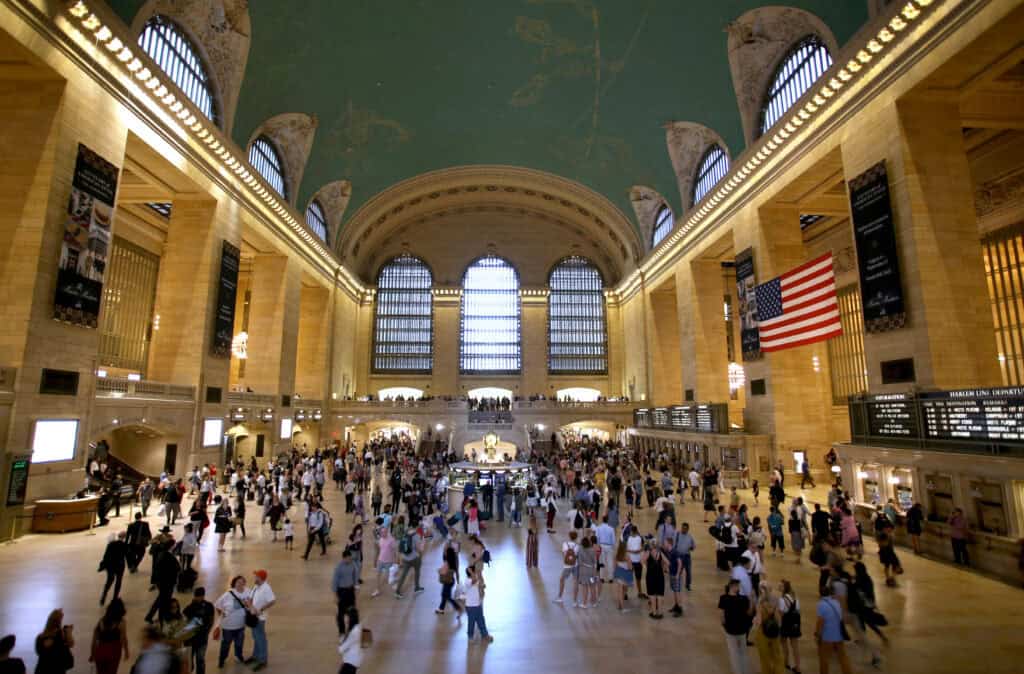
Stereotypes stick because they offer shortcuts, not because they’re right. On the road, a drawl becomes a verdict, a coat of flannel turns into a thesis, and a fast walk reads as character. Locals keep living full lives anyway, cooking, voting, telling jokes that never make it to TV. What this really means is that travel asks for context. Town by town, nuance piles up, and broad claims start to wobble. The map grows more human, more specific, and far harder to flatten.
New England: Stoic And Standoffish
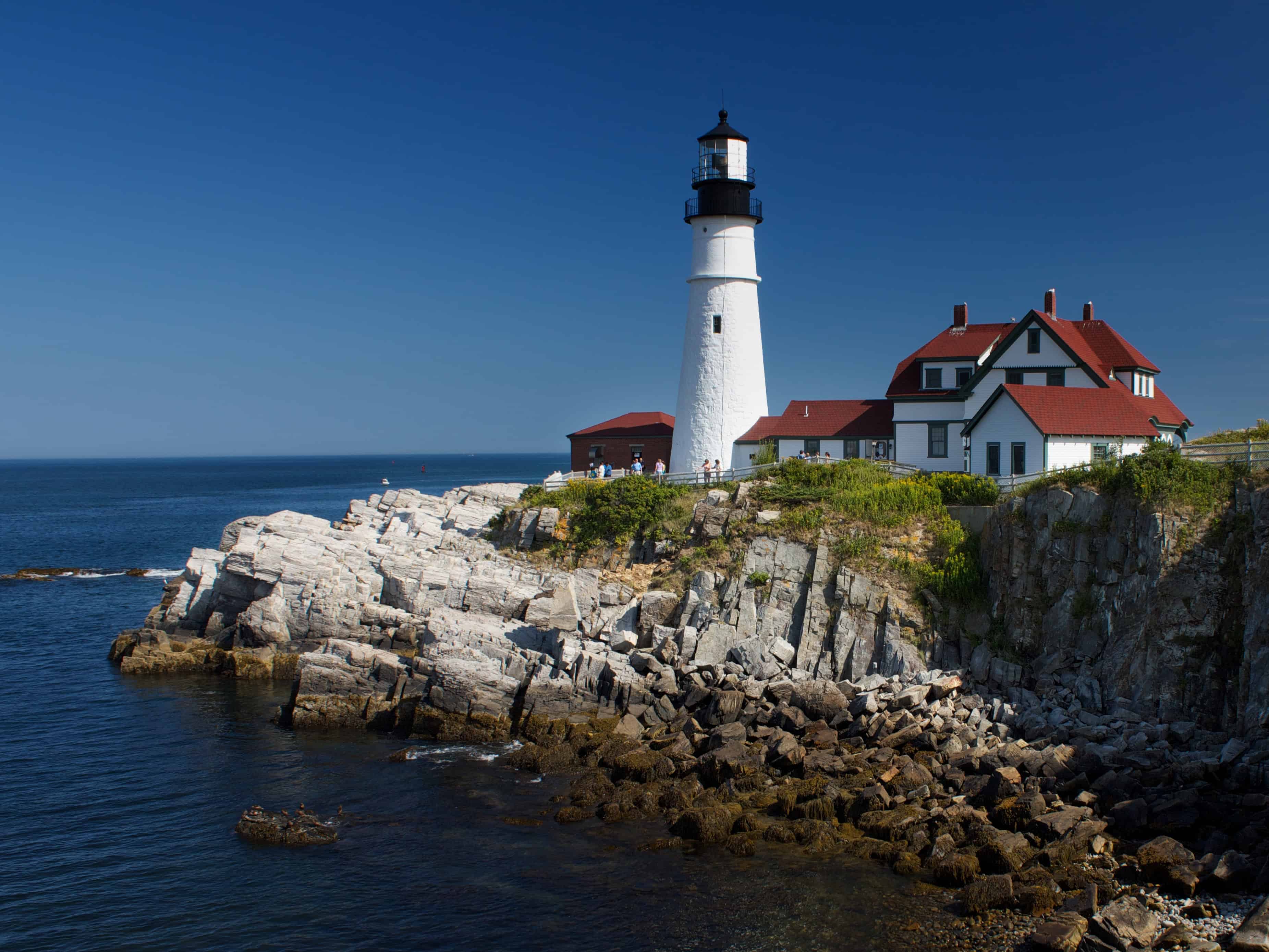
The New England shorthand casts people as flinty, thrifty, and a little chilly behind old stone walls. Some of that reads as weather and habit: short greetings, long memories, a preference for small talk that proves competence. Yet diners pour hot coffee without fuss, town meetings run late, and neighbors shovel each other’s steps after storms. The region’s reserve isn’t indifference. It’s privacy and practicality, softened by dry humor, seafood suppers, and a knack for showing up when it counts.
New York City: Rude, Rushed, And Loud
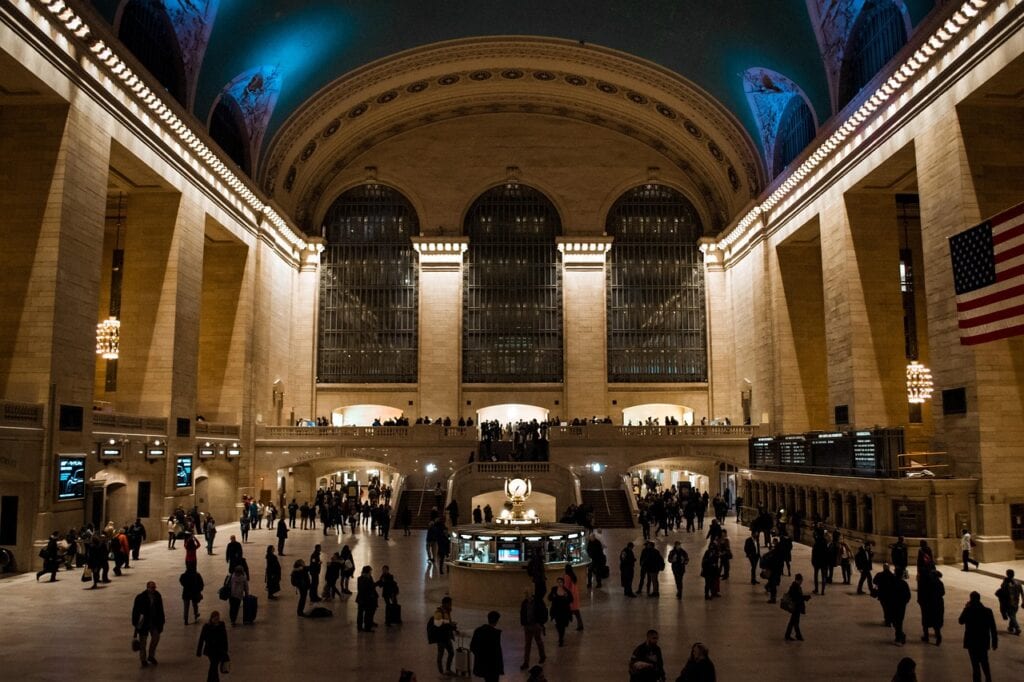
The New York version paints millions with one brush: impatient, horn-happy, allergic to eye contact. Truth is, speed comes from density, not disdain. A packed subway car breeds efficiency, while sidewalks function like arteries with rules understood but rarely announced. Help appears fast when someone needs a hand, and small kindnesses multiply in bodegas, lobbies, and stoops. The volume isn’t hostility; it’s energy. Underneath, the city’s default setting is competence welded to generosity.
The South: Slow, Polite, And Stuck In The Past
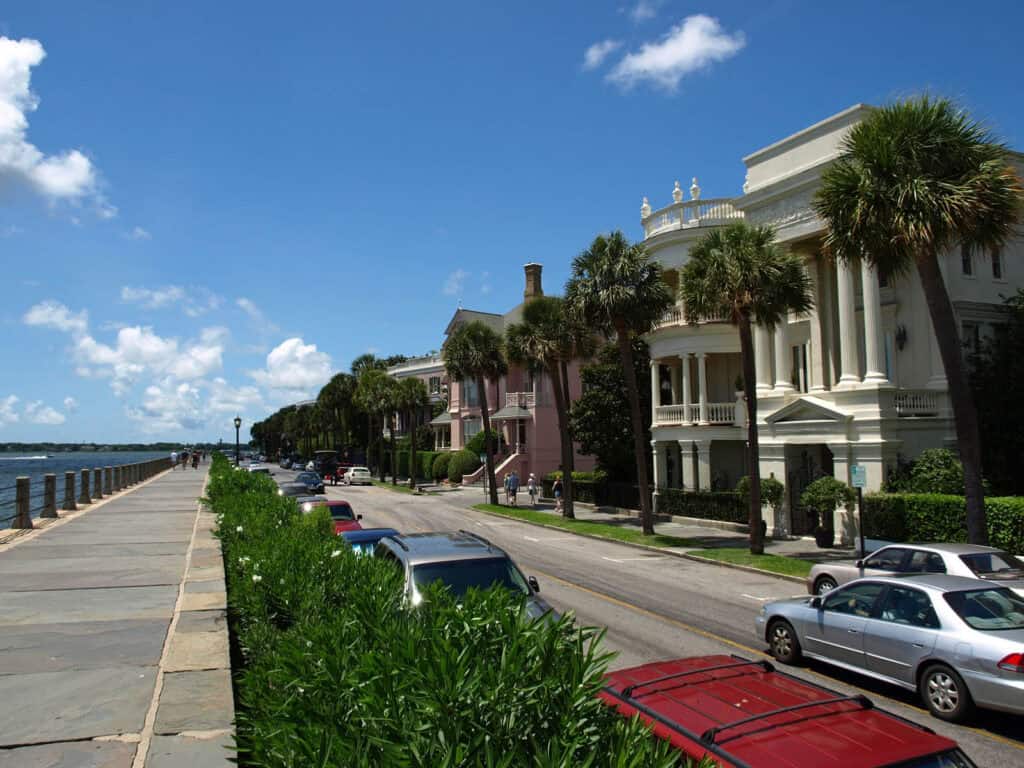
The lazy drawl cliché ignores a region that moves at two speeds: porch and hustle. Hospitality is real, but it’s also labor—cooked, ironed, rehearsed—and often political, signaling welcome while reading the room. Cities innovate in music, food, and tech, while small towns blend church calendars with barbecue fundraisers and high school bands. The past is present, yes, but the debate about it is too. Courtesy greases the gears; it doesn’t lock them.
Texas: Cowboys, Trucks, And “Bigger”
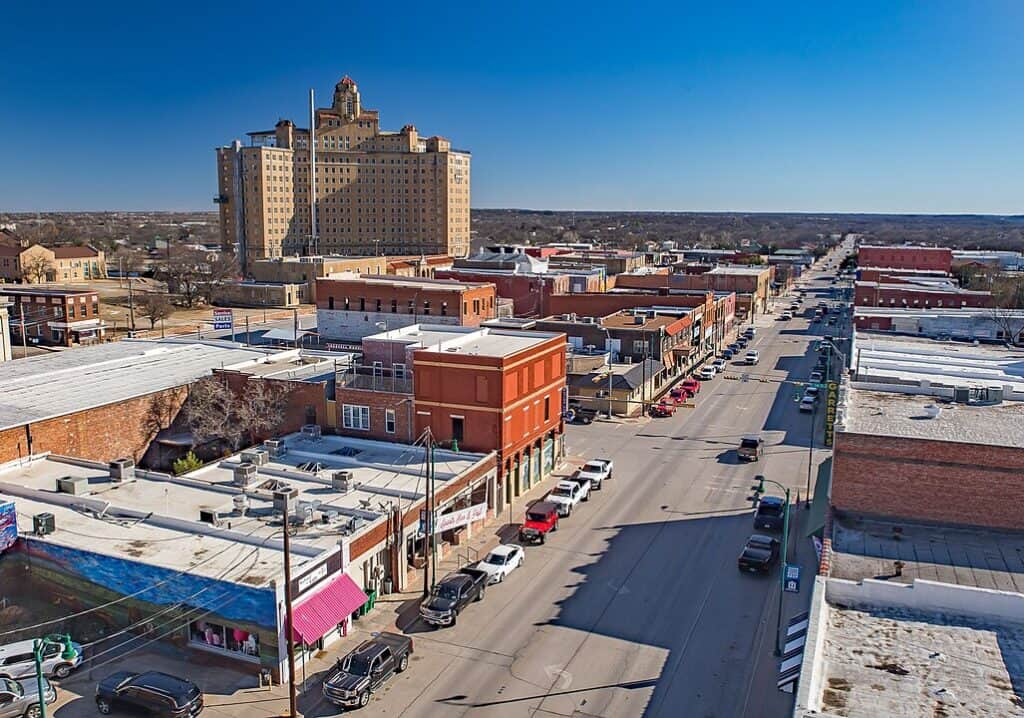
Texas gets flattened into boots, bravado, and freeways. Step closer and the state looks like a continent: Vietnamese bakeries near refineries, German halls beside ranch gates, taquerías on courthouse squares. Scale explains the swagger; logistics explain the trucks. Pride often means responsibility to a place the size of a country—power grids, cattle, ports, and arts scenes that pull weight. The hat may be tall, but the day is long, and competence keeps the lights on.
California: Laid-Back, Health-Obsessed, And Vain
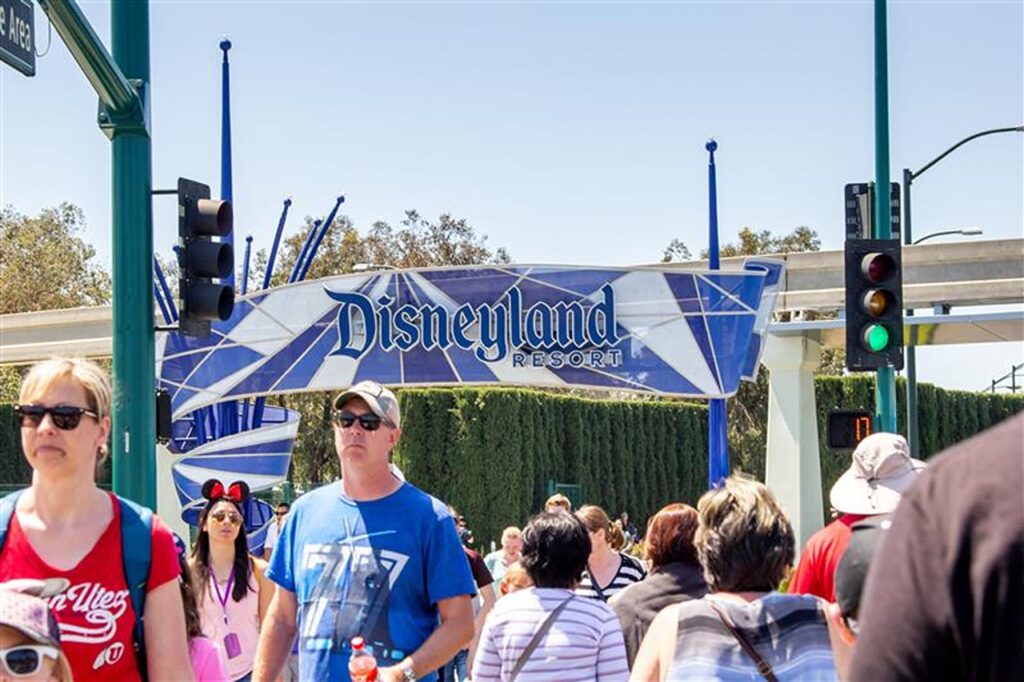
The coastal caricature promises juice cleanses, startup buzz, and mirrors. Reality balances surfboards with farm tractors and labs that turn ideas into water policy and wildfire science. Wellness trends coexist with late-night tacos under neon palms. Traffic messes with patience, but strangers still share trail maps and jumper cables. The smile isn’t shallow; it’s often relief at weather that forgives. Under the sun, ambition and care for landscape live side by side.
Pacific Northwest: Rain, Flannel, And Introverts
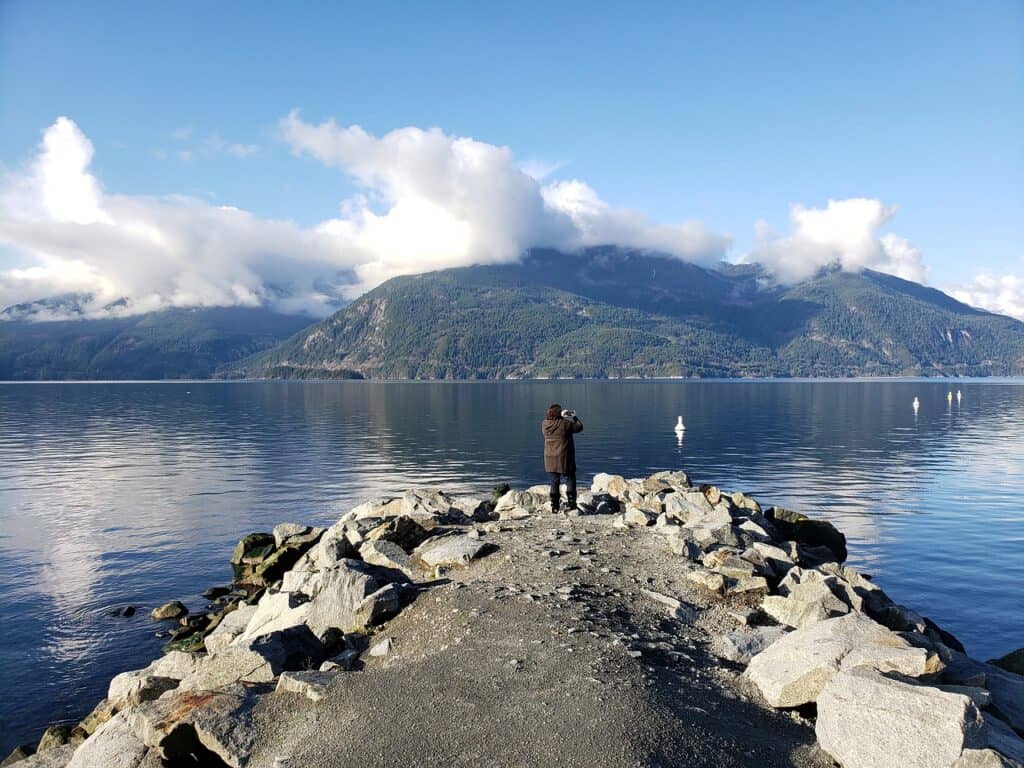
The PNW stereotype wears Gore-Tex, sips pour-overs, and dodges small talk under a low sky. Rain teaches preparedness more than melancholy, and quiet isn’t rudeness so much as room for others to breathe. Timber, tech, tribal nations, and ports shape a culture that reads the tide charts and the earnings reports. Flannel signals comfort, not uniform. When the clouds lift, people explode outdoors, and neighborliness shows up as trail work, block parties, and borrowed ladders.
Mountain West: Rugged, Libertarian, And Anti-City
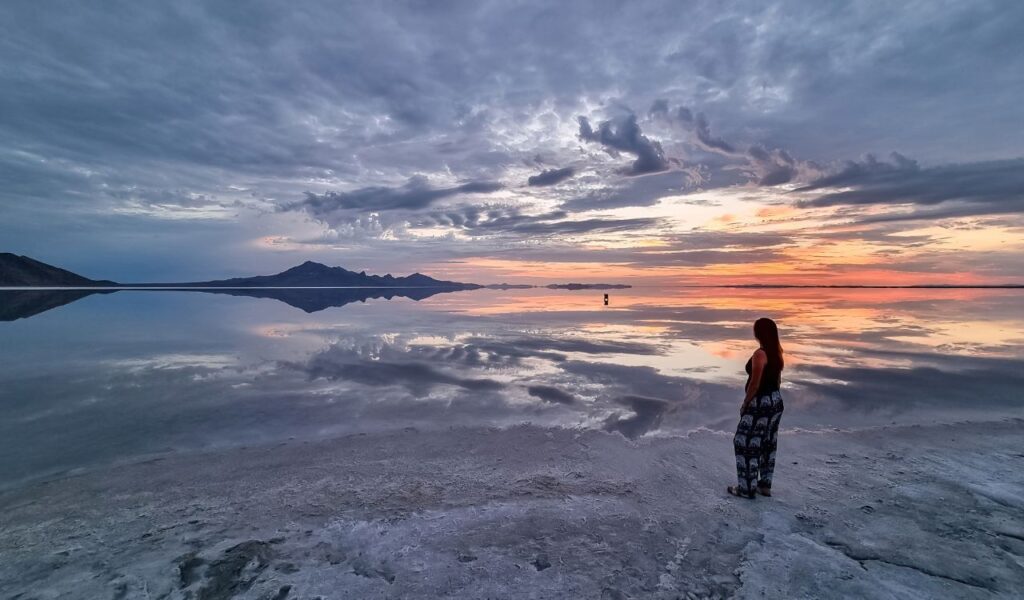
Rockies shorthand insists on elk, lifted trucks, and suspicion of rules. The landscape asks for self-reliance, but towns knit together water boards, avalanche control, and volunteer fire crews with practiced cooperation. Ranchers, ski workers, artists, and scientists share coffee counters and county budgets. Freedom here often means competence plus accountability—pack out trash, respect signage, pay search-and-rescue dues. Space is the draw, community the quiet backbone that keeps winters survivable.
Southwest: Desert Mystique And Spicy Everything
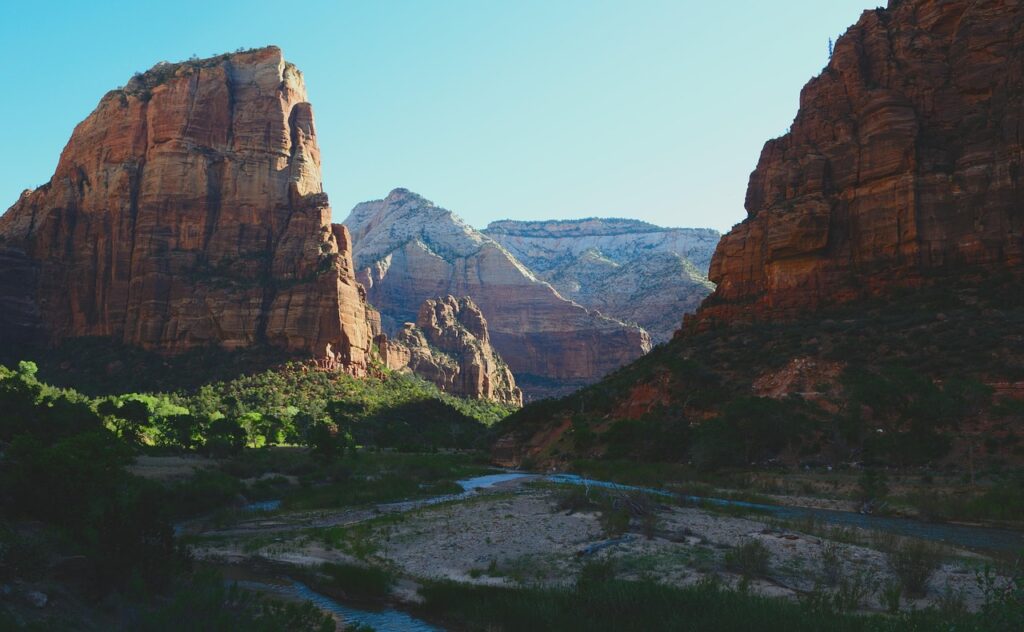
The postcard sells red rock, turquoise, and heat, with a side of chiles on every plate. The lived-in version adds irrigation ditches, acequia meetings, and layered histories in English, Spanish, Diné, and more. Food runs from horno bread to Sonoran dogs and serious coffee in adobe courtyards. Art isn’t just gallery gloss; it’s ceremony, mural, and market day. The mystique remains, but locals treat the desert as a working landscape with rules written by sun and water.
Appalachia: Backward, Isolated, And One-Note
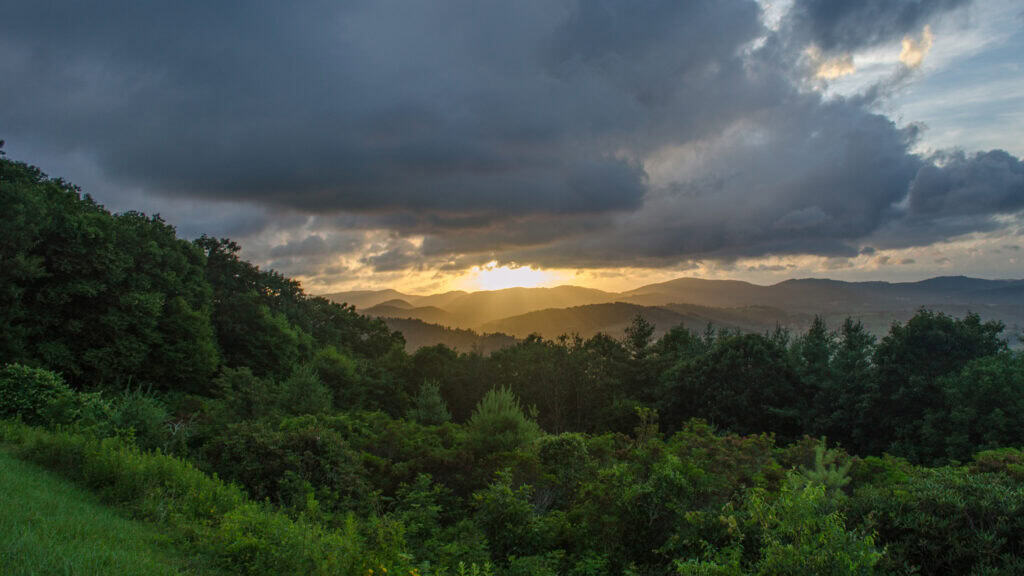
Jokes reduce mountains to moonshine and one kind of music. Reality insists on labor history, Black Appalachian lineages, vibrant immigrant communities, and universities that pull weight for counties around them. Ballads live beside hip-hop, and craft spans dulcimers to high-end furniture. Pride reads as “we take care of our own,” not “we don’t like strangers.” The stereotype misses the point: resilience built from hills, mines, floods, and a culture of showing up with casseroles and tools.